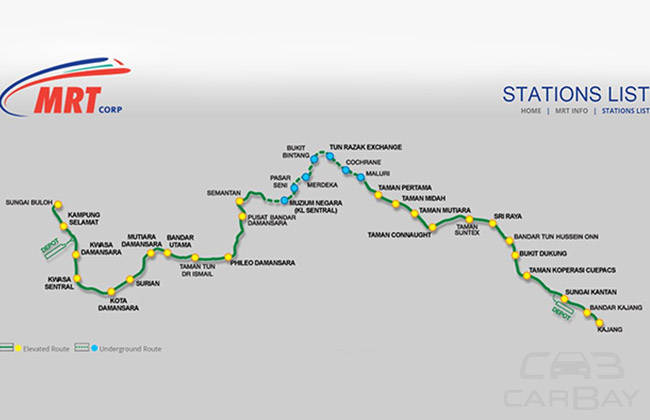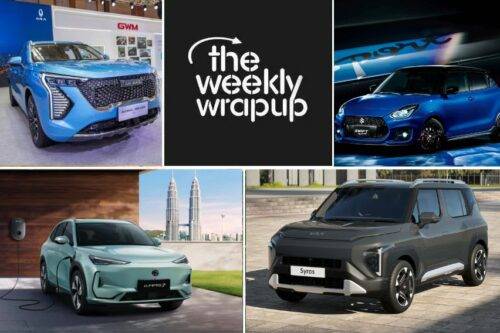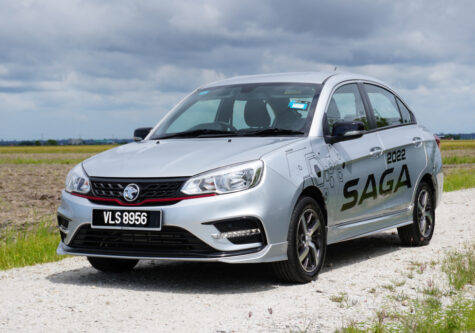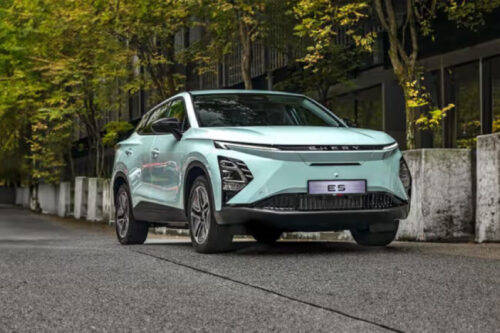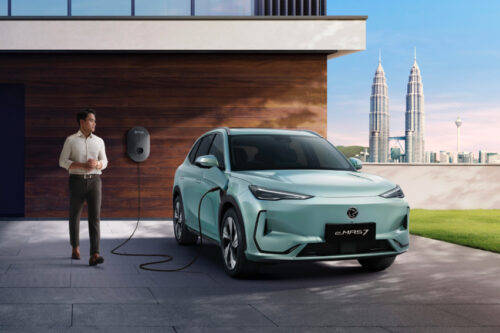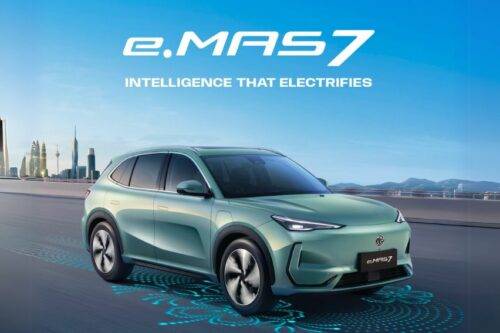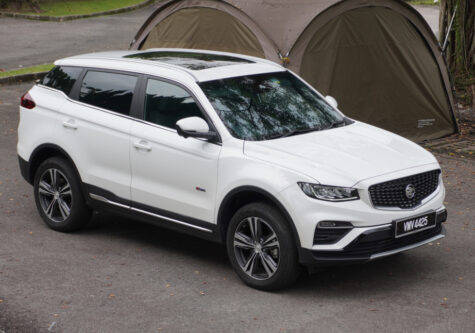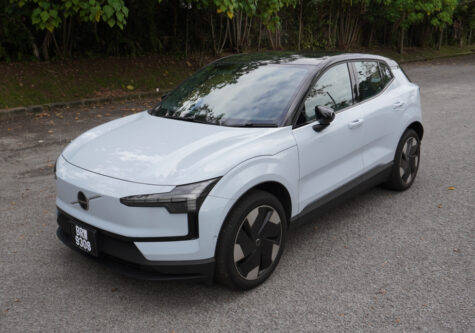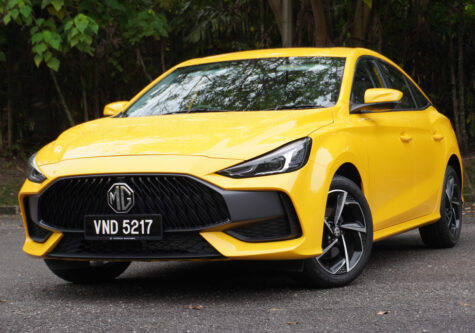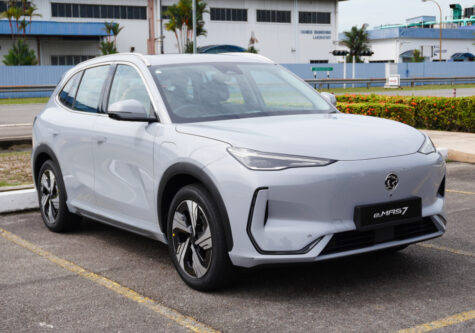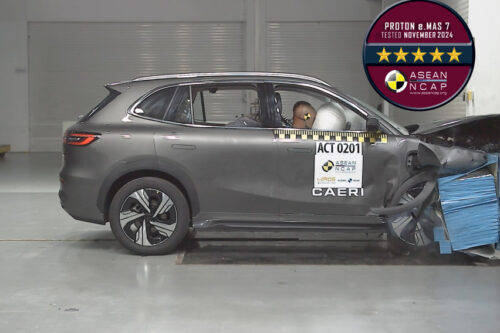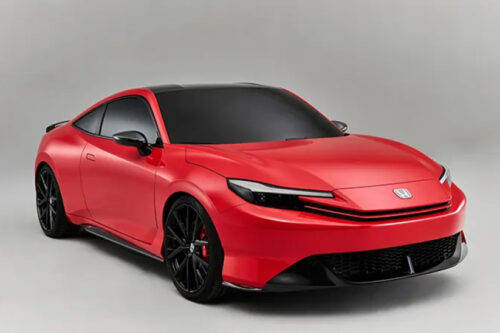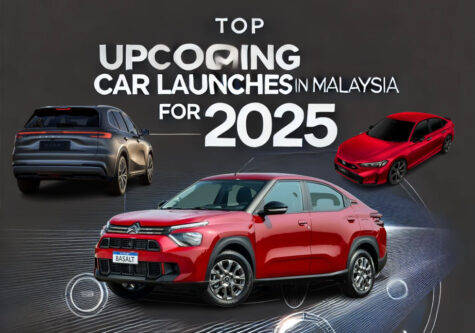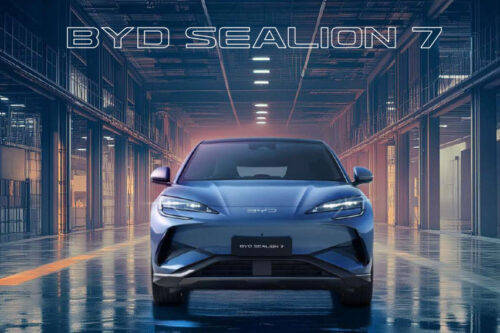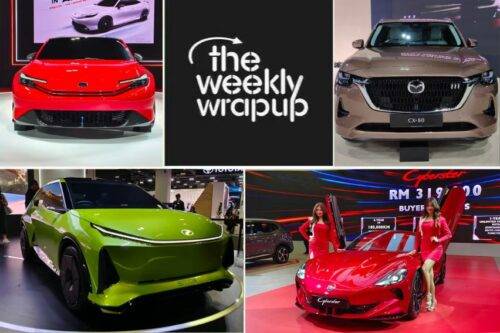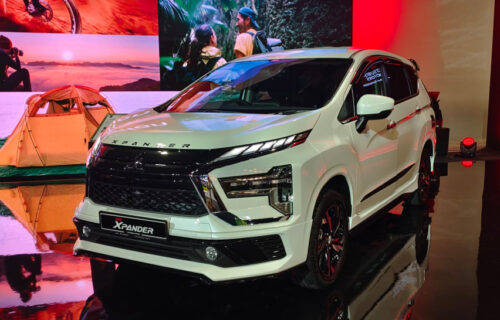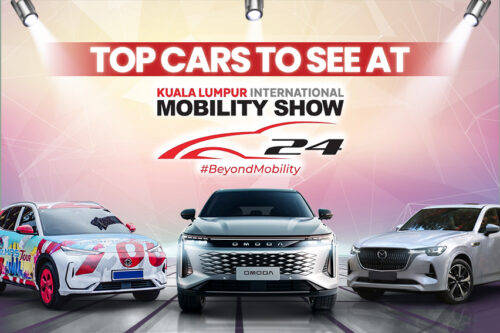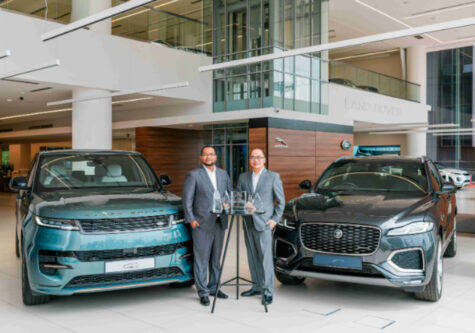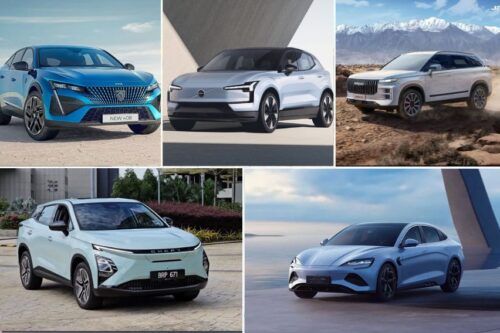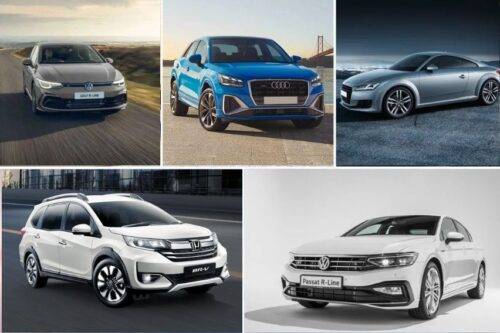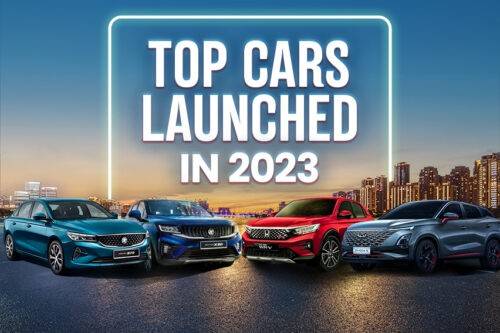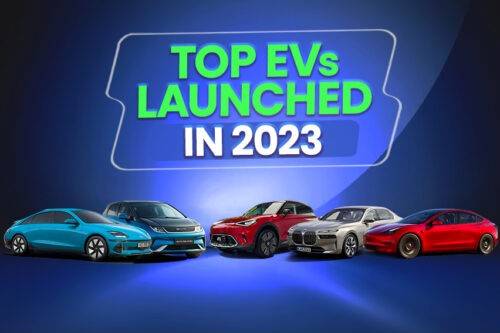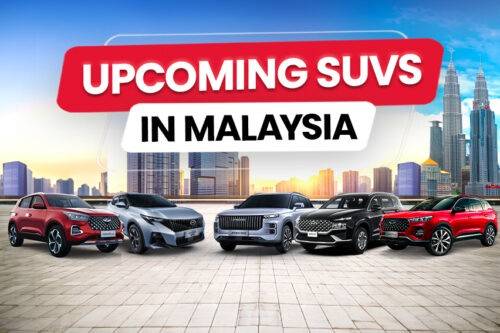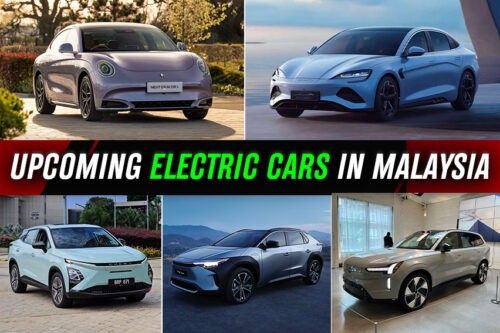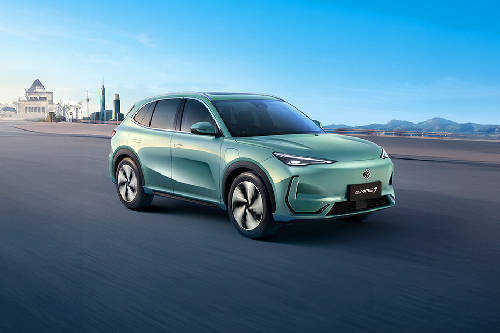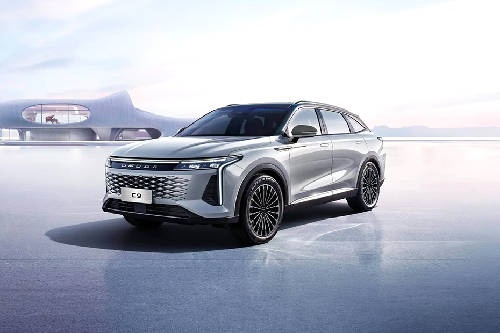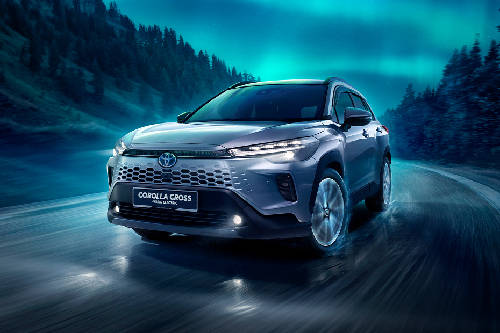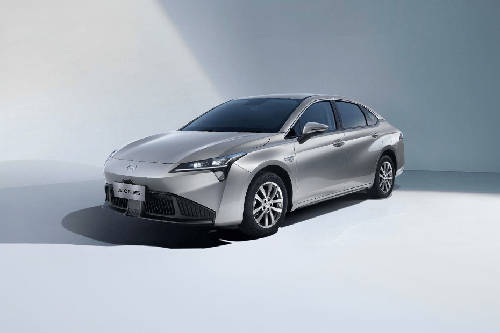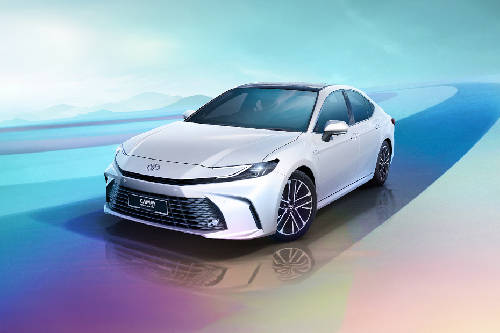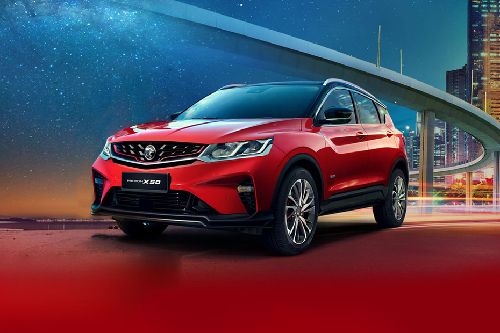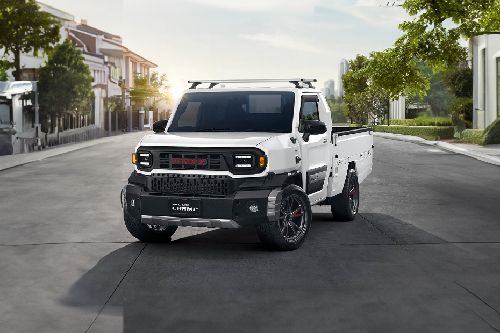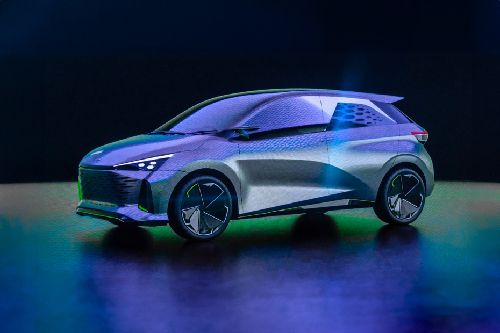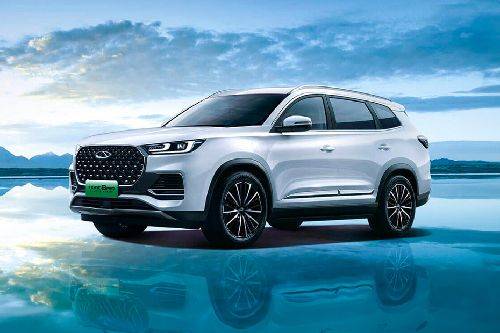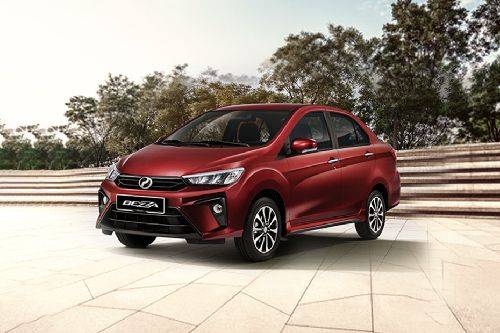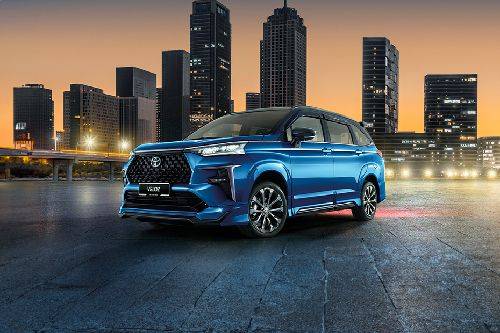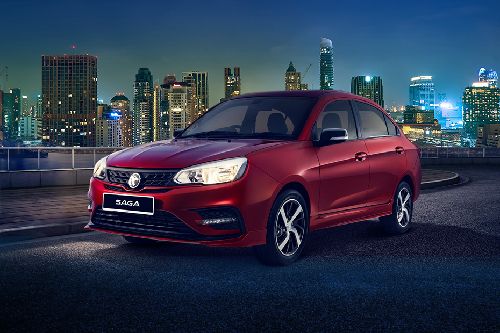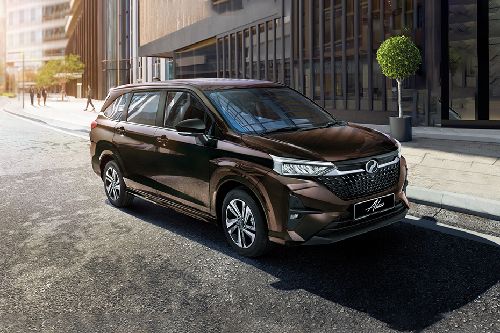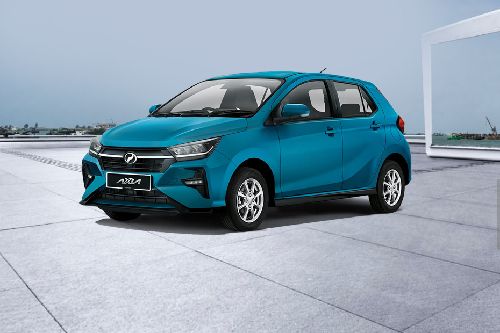Will the new year be good for you?
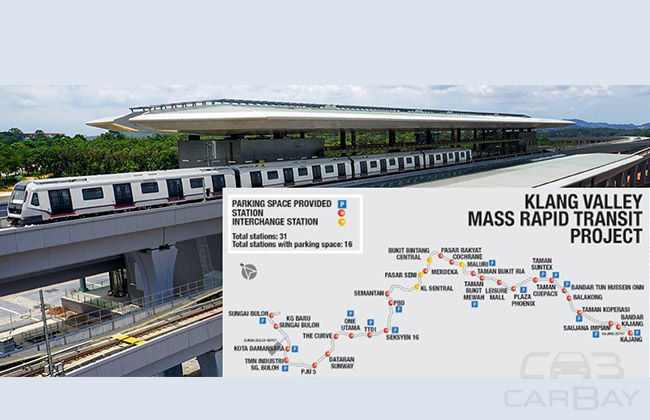
It depends on how you navigate the changes and take advantage of them. Be a champion, not a victim.
Here are two big trends in the transport and automotive sectors that we should keep track of so that we can seize the opportunities
Ride-sharing and the MRT:
One of the big successes in Malaysia is the rolling out of the mass rapid transit lines on time and within budget. The Sungei Buloh to Semantan MRT line opened on Dec. 16 to the delight of users who had been thrilled by the sight of the trains doing practice runs for about a month before the opening.
When this MRT line is fully completed this coming July, it will go all the way to Kajang, a 51 km rail link. It will revolutionize public transport in the Klang Valley and open up new employment and business opportunities.
Hundreds of new shuttle buses – Volvo, Scania, MAN and many made-in-China brands -- have been leased from Rapid Bus to increase the convenience to the public by reducing the last kilometer from the rider’s home.
Most of the buses are on full maintenance contracts to improve uptime and running condition.
The big question remains whether the MRT operated by the national infrastructure company, Prasarana Malaysia Berhad and the Land Public Transport Commission (SPAD or Suruhanjaya Pengangkutan Awam Darat) understands the concept of public transport. To be successful, it’s not sufficient for public transport to be convenient and comfortable – the air-conditioning is delightfully cold – it should also be affordable.
In this aspect, Prasarana might like to take a look at how it’s done in Germany where fares are kept low to encourage ridership. Recounting his experience recently, our reader Chan said that a rail fare of Euro 16 for a single passenger will be ameliorated to Euro24 for a family ticket of four passengers, in his case.
"More public ridership means fewer cars on the road; it reduces traffic congestion and exhaust pollution in the city,” he said.
With the MRT, there will also be more short rides for ride-hailing services, Uber and Grab, as for taxis.
SPAD must enforce the ruling that only taxis are allowed to pick up passengers from the kerbside and taxi ranks. Uber and Grab must be restricted to ride-hailing.
That distinction between taxis and ride-hailing must be enforced because taxis serve an essential function while ride-hailing are for the gadget-literate middle class.
We must conserve the taxi drivers because many of those who remain in the industry are those who can’t adapt to the Internet of Things as represented by Waze.
Also, don’t fall into complacency and imagine that low-priced Uber and Grab rides are for all time. They may yet prove to be the ultimate villain. For now, they are practicing unfair competition because they have billions of USD raised from venture capitalists. They are willing to burn through these funds to subsidize their drivers and riders. It costs an Uber rider RM4.00 to get from Jen Hotel to the new Land Rover Showroom on Jalan sultan Ahmad Shah, a distance of 2.1 km. It’s a great deal right for the rider, right?
Behind that however, Uber and Grab will probably subsidize their driver by another RM5.00.
The ride-hailing companies are buying the market share of both riders and drivers. When they have acquired their market domination, they will obviously reduce the subsidies.
The point is that while the ride-hailing companies have revolutionized the industry and empowered both drivers and riders, they aren’t also charitable organizations and the real prices to riders could prove to be significantly higher than they are now, and earnings for drivers will continue to decline until there is an equilibrium.
This is a heads-up for all those in the driving community, whether you are a taxi driver, an Uber driver, or a bus driver, or an able-bodied person who wants to earn money as a professional driver.
Time to grade up.
The other big disruptive trend to watch out for is driverless cars.
What are we to think of autonomous vehicles in Malaysia when we are still struggling to export conventional vehicles compared to our Asean neighbour? Thailand exports about one million light pickup trucks a year while Malaysia exports about 20,000, including the 10,000 SUVs from Mazda Malaysia Sdn Bhd.
Well, it was a pleasant surprise that the Malaysia Automotive Institute (MAI), an agency under the Ministry of International Trade and Industry (MITI) already has the autonomous vehicle trend on its radar. Guests at the Malaysia Car of the Year awards night would have seen the MAI’s video of the road to 2050 with the final segment on the autonomous car.
Electric cars have not been popular with car makers because they figured that as long as there wasn’t a battery break-through, they wouldn’t make enough profits to justify the costs of R&D.
However, the driverless cars is an entirely new and incredibly disruptive challenge to the car companies. The autonomous vehicle has seen new and deep-pocketed entrants such as Alphabet/Google, Apple, as well of course of software billionaire Elon Musk’s Tesla.
The world’s biggest car company by unit sales, Toyota Motor Corporation, was also the last hold-out in electric vehicles, preferring to take the hydrogen electric road rather than the more garden variety battery electric mode.
With the electric vehicle necessarily being the platform of choice for the autonomous vehicle, Toyota has just this week announced that it will do electric vehicles, joining the league of Daimler, VW, GM, and Ford. Meanwhile, the Renault-Nissan-Mitsubishi alliance is way ahead in the electric vehicle segment. The Nissan Leaf is the world’s top-selling EV.
Ford has announced its intention to invest USD2.1 billion in rolling out a mass market electric car without steering wheel and without brake pedal by 2021.
Uber has partnered with Volvo to roll-out a short-lived pilot programme of autonomous-equipped XC90s in San Francisco. Short lived because it was pulled by the California Department of Motor Vehicles which said that Uber wasn’t compliant with its regulations.
While Uber can thumb its nose at most of the world, it can’t with the China government nor the state of California. Anyway, it might just be Uber’s win-win -- it got good publicity and it did a short pilot without losing face. It will probably move the Volvo’s to Philadelphia where it pioneered autonomous ride-hailing (with a driver on standby at the steering wheel)
For the Malaysian government, autonomous driving is an opportunity to be seized.
The biggest challenge in autonomous driving today is the outdated regulatory infrastructure.
What if the Federal Territory Ministry and the other relevant ministries can create the laws to encourage autonomous cars in Malaysia. Laws that allow cars without a steering wheel, without brake pedals, without a natural entity to drive the car?
It can do a pilot phase in Putra Jaya and Cyber Jaya, in Iskandar Jaya (Johore). In those areas, the autonomous cars can be imported and used duty-free and without a driver. New and autonomous driving friendly laws can help Malaysia gain from this disruptive technology.
And the laws to encourage autonomous driving can be adapted from Philadelphia, from one University town in England, and from Singapore which is already running a pilot programme in the CBD with Nutomy.
Yes, the government will have to spend on infrastructure such as wiring up the areas to enable Vehicle-to-traffic lights and vehicle to wi-fi communication.
But look at the opportunities for building up the capacity of Malaysia’s young and computer literate workforce.
Merry Christmas and Happy New Year.
Sell your car at the best price
 Verified and genuine buyers
Verified and genuine buyers
Trending & Fresh Updates
- Latest
- Popular
You might also be interested in
- News
- Featured Stories
Featured Cars
- Latest
- Upcoming
- Popular
Latest Car Videos on Zigwheels

